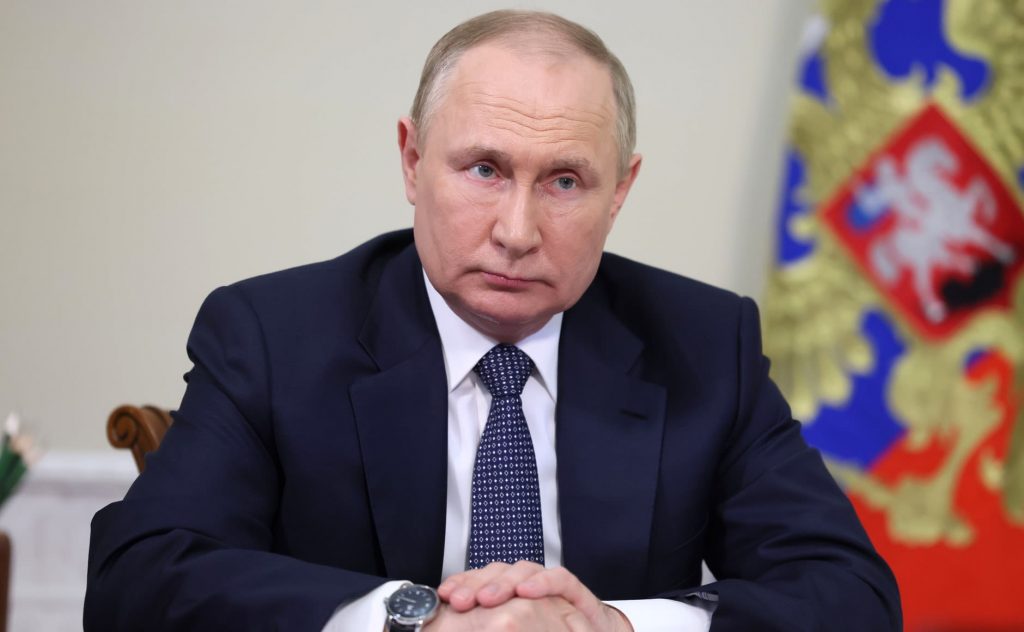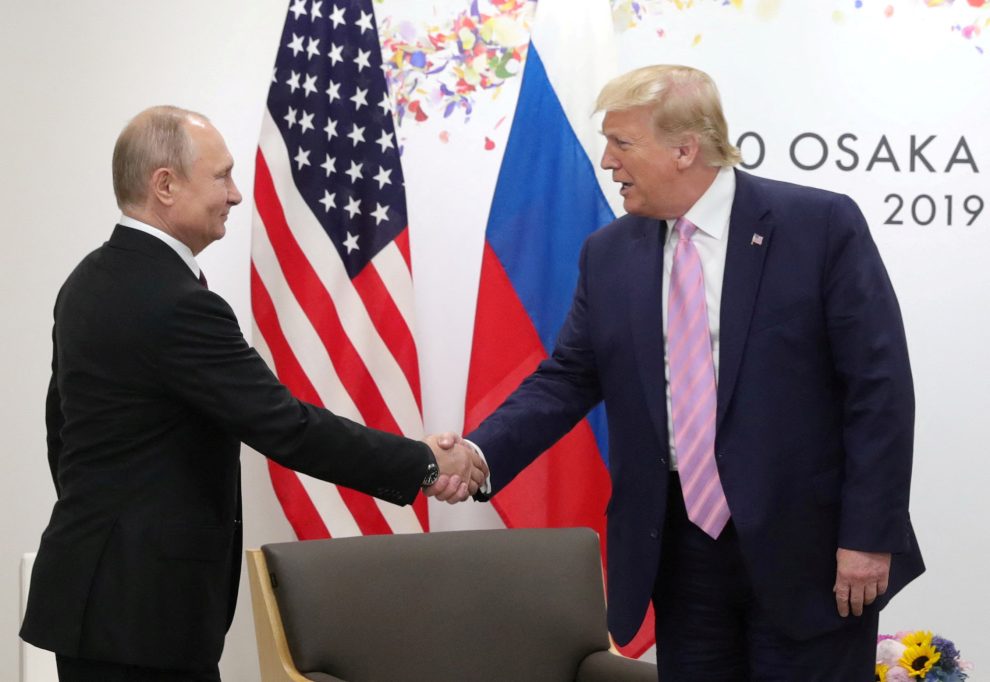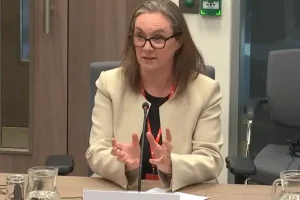Rising oil prices may fund Russia’s war as West faces energy shock
A MOVE by Iran to close the Strait of Hormuz — one of the world’s most vital oil shipping lanes — could deliver a significant financial windfall to Russia, analysts have warned, further complicating the West’s strategic position amid the Ukraine conflict.
Following US airstrikes on Iranian nuclear facilities over the weekend, Iran’s parliament approved a motion to prepare for the closure of the narrow strait, through which around 20% of global oil and gas supply transits daily. While Iran’s Supreme National Security Council has yet to make a final decision, Revolutionary Guard commanders have said the move is “on the agenda” and could be carried out “whenever necessary.”
UK and US maritime authorities have already raised the threat level to commercial shipping in the Gulf and the Red Sea, and global oil markets are responding nervously.
But beyond the immediate regional implications, energy experts say a prolonged closure or significant disruption in the Strait of Hormuz could dramatically increase oil prices — delivering an unintended bonus to Russian President Vladimir Putin, whose economy is heavily reliant on energy exports.
Oil shock could benefit Kremlin

“Every dollar increase in the price of oil puts more money in Russia’s pocket,” said Dr Michael Wilcox, an international energy strategist. “If Iran closes the strait and prices spike, it will directly benefit Moscow’s ability to fund its war in Ukraine — just as Western countries are trying to cut that off.”
Brent crude futures rose more than 5% on Sunday in early trading, with fears that any prolonged disruption could see prices pass $100 a barrel for the first time since 2022. Russia continues to sell large volumes of oil to China, India, and other non-aligned markets, many of which have not imposed sanctions.
Strategic backfire?
Critics argue that Western policy risks creating the very outcome it hoped to avoid. By supporting Israeli and US strikes aimed at degrading Iran’s nuclear capabilities, some analysts suggest the West may be provoking a broader crisis that strengthens authoritarian regimes — both in Tehran and Moscow.
“Attempting to squeeze Iran might backfire if it pushes oil prices skyward,” said Julian Hargreaves, a geopolitical risk analyst. “That will hurt European economies, but it will actively help Putin fund his military and circumvent Western sanctions.”
Diplomacy still possible
The US has insisted that the military operation — codenamed Operation Midnight Hammer — was not about regime change. Defence Secretary Pete Hegseth and Vice President JD Vance both said Washington still hopes for a diplomatic solution. However, Iran’s response has been defiant, with missile strikes hitting Tel Aviv and threats of further retaliation.
Meanwhile, in the UK, Prime Minister Keir Starmer warned of “real risks of escalation beyond the region” and convened an emergency COBRA meeting to assess the fallout.
The Foreign Office has advised against all travel to Iran and neighbouring regions, while UK maritime assets remain on high alert in the Gulf and Red Sea.













